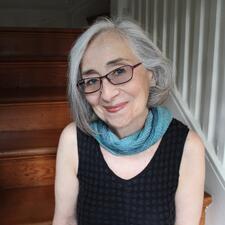Writing: Poetry
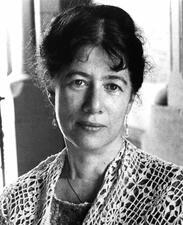
Rosellen Brown
In her fiction, Rosellen Brown confronted themes of alienation, responsibility for others, and racial tension in America. Brown is known for the passion and insight she brings to the page as a poet, essayist, and fiction writer.
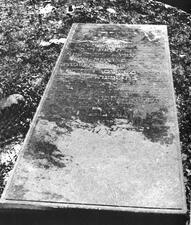
Caribbean Islands and the Guianas
Women were among the earliest settles in the Dutch and English Caribbean. Early Caribbean Jewish women, despite living in patriarchal societies, still managed to engage in public pursuits. As Caribbean Jewish communities became increasingly racially blended over time, women of color became some of the most definitive architects of distinctly Creole Caribbean Jewry.
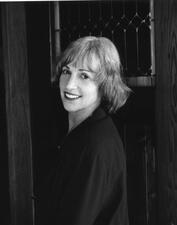
Kim Chernin
From poetry to the probing of women’s eating disorders, from autobiography to the story of a voice, from commentary on sexual identity to Israel and Palestine, Kim Chernin’s writing, “writing consultation,” and pastoral counseling practices all arose from the “spiritual politics” and deep examination of self and society that she considered the essence of her Jewishness.
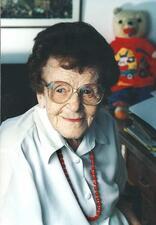
Children's Literature in Hebrew

Hélène Cixous
Jewish-Algerian-French writer Hélène Cixous published her first book in 1967 and approximately her eighty-seventh in February 2021. This “life writing” comprises poetic fiction and autobiography, literary and feminist theory, art criticism, and theatrical works. Cixous explores the myriad contradictions and consequences of loss and exile, of “being Jewish” and “being a woman.”
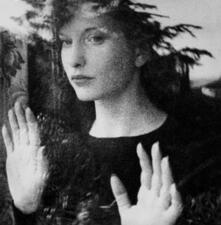
Maya Deren
Maya Deren pursued an ambitious career as a writer, publishing poetry, essays, and newspaper articles. She was also one of the most important avant-garde filmmakers of her time for her use of experimental editing techniques and her fascination with ecstatic religious dances. In 1946 she used a Guggenheim Fellowship to photograph Haitian dance.
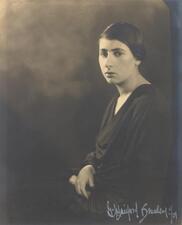
Babette Deutsch
Babette Deutsch, born and raised in New York City, was a gifted poet, novelist, translator, and educator. In her work, she interwove elements of vastly different cultures and times, from the Bible and Shakespeare to Russian and Japanese literature. She often used her work to explore Jewish themes and culture.
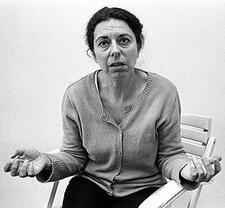
Esther Dischereit
Esther Dischereit, a German-Jewish writer living in Berlin, speaks for the second and third generation of children of Holocaust survivors. Her prolific production covers all genres, including prose, poetry, sound installations, and concept art. She uses her many talents to fight anti-semitism and racism and to give a voice to the persecuted and forgotten.
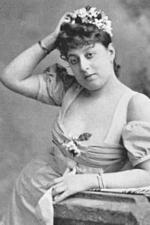
Selina Dolaro
A determined and talented performer, Selina Dolaro raised four children alone while pursuing an illustrious acting and singing career in late nineteenth-century England and America. Dolaro performed in various London operas, most notably as the title role in the first English version of Carmen. She made her American debut as Carmen in 1879.
Lucie Domeier
Writer Lucie Domeier is best known for her work critiquing the portrayal and role of women, especially as presented in literature. She wrote several books in the early nineteenth century, most notably her critique in German of Germaine de Staël’s De l’Allemagne, which often addressed the challenges faced by women authors.
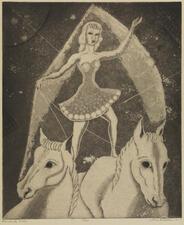
Stella Drabkin
Stella Drabkin was a talented painter and mosaicist who innovated new methods of printmaking. She is known for her experiments with multitype, a variation on monotype printing with layers of texture and color, creating mosaic panels on biblical themes, and creating prints with poems. Following her death, in 1972 the Art Alliance established the Stella Drabkin Memorial Award Fund in her honor.
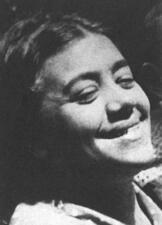
Celia Dropkin
Celia Dropkin’s sexually explicit poetry expanded possibilities for the depiction of relationships between men and women in modern Yiddish poetry. Throughout the 1920s and 1930s, her poems appeared in avant-garde Yiddish literary publications. Infused with erotic energy, the themes of Dropkin’s poetry – sex, love, and death – shocked her contemporaries.
Sophia Dubnow-Erlich
After finishing her education, Sophia Dubnow-Erlich became an active member of both the Social Democratic Labor Party and the Jewish Labor Party and wrote for Bund journals before fleeing Vilna for Warsaw in 1918. After emigrating to America in 1942, she remained politically active and continued her prolific writing career.
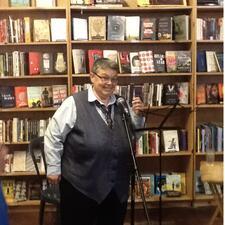
Elana Dykewomon
Elana Dykewomon was a poet, novelist, editor, theorist, lesbian, and cultural worker. Her lesbian and Jewish identities and commitments informed and shaped her award-winning novels and other writings, and she made significant theoretical contributions to lesbian separatism and fat liberation.
Ruth Fainlight
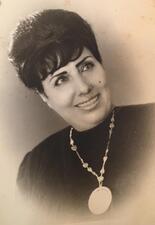
Zohra El Fassia
Zohra El Fassia was a renowned singer and recording artist in twentieth-century Morocco. Her life story moves between the burgeoning colonial recording industry in the Maghrib to North African immigrant histories in the south of Israel. El Fassia’s soulful music and powerful persona have resonated with generations of artists and activists who look to her for the unheard stories of Jews in the Arab and Muslim world and of Mizrahi Jews in Israel.
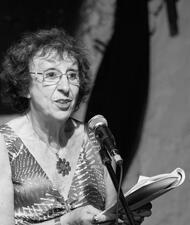
Elaine Feinstein
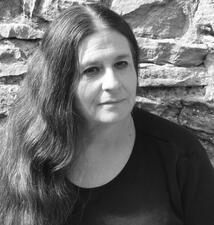
Merle Feld
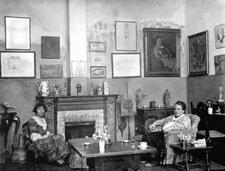
Fiction in the United States
Literature by American Jewish women reflects historical trends in American Jewish life and indicates the changing issues facing writers who worked to position themselves as Americans, Jews, and women.
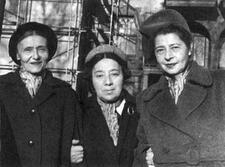
Dvoyre Fogel
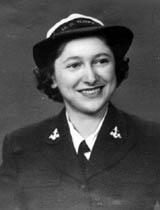
Bernice Sains Freid
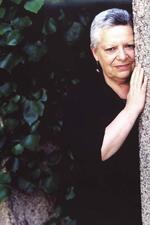
Luisa Futoransky
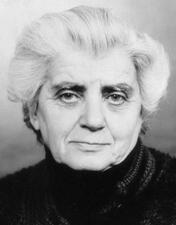
Karen Gershon
Writer and poet Karen Gershon escaped the Holocaust by being sent to England on the Kindertransport. Her best-known book, We Came as Children (1966), documented the collective experiences of refugee children and established her literary reputation in England. Her introspective poetry often reflects on her family and the Holocaust.

Gloria Gervitz
The Mexican Ashkenazi poet Gloria Gervitz (1943–2022) is known for her award-winning, book-length poem Migrations (Migraciones). This poem, an epic journey through the individual and collective memories of Ashkenazi women emigrants to Mexico, which she began writing in 1976, took her 44 years to complete. In 2018, Gervitz won the prestigious Pablo Neruda Ibero-American Poetry Award for Migraciones.

